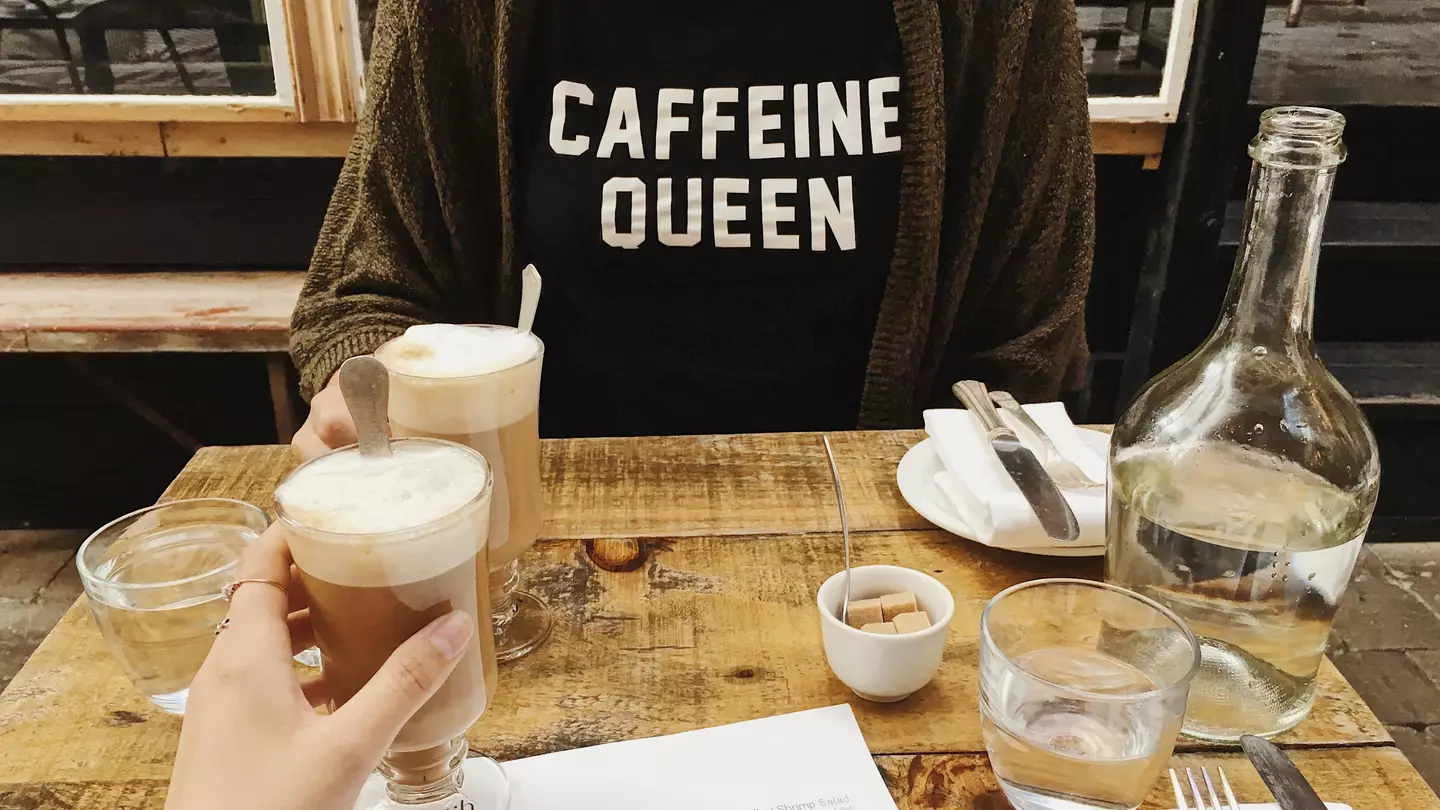
If you already thought the price of a coffee was astronomically high, strap in because it could get a whole lot more expensive.
Australians have been warned that a standard cuppa could cost up to $7 by the end of the year.
President of the Café Owners and Baristas Association of Australia David Parnham has revealed the price would increase as the nation struggles to keep up with overhead costs.
He told the ABC: "What's happening globally is there are shortages obviously from catastrophes that are happening in places like Brazil with frosts, and certain growing conditions in some of the coffee growing areas.
Advert

"The cost of shipping has become just ridiculous."
Parnham said that a global shortage of containers and ships is causing prices to sky rocket ‘nearly five times’ what they were only a few years ago.
Even though the average cost for coffee is $4, Parnham said inflation was a given, and customers will have to ‘bear’ the brunt.
“It is overdue and unfortunately it can‘t be sustained, and at some point the consumer has to bear that,” he said.
Prices are gradually increasing as Australia grapples with the worst inflation rate in more than a decade.
According to data from the Australian Bureau of Statistics (ABS), the consumer price index rose 1.3 per cent in the last quarter of 2021, with a 3.5 per cent increase annually.
Automotive fuel had the most significant increase (32.3 per cent), while prices of goods rose 4.3 per cent last year.
Head of Prices Statistics at the ABS Michelle Marquardt said: "Annual price inflation of goods surpassed that of services in the December quarter and was the highest since 2008."
She also said prices would continue to rise due to supply chain disruptions, material shortages and freight costs.
Reserve Bank Governor Philip Lowe said the war in Ukraine would continue to increase inflation, and with flooding unfolding on Australia's east coast, we can expect goods and services to go up as well.
“We will see higher prices for many fruits and vegetables, the supply chains have been interrupted again and some of the growing areas have been adversely affected," he said.
Topics: News, Food And Drink, Australia